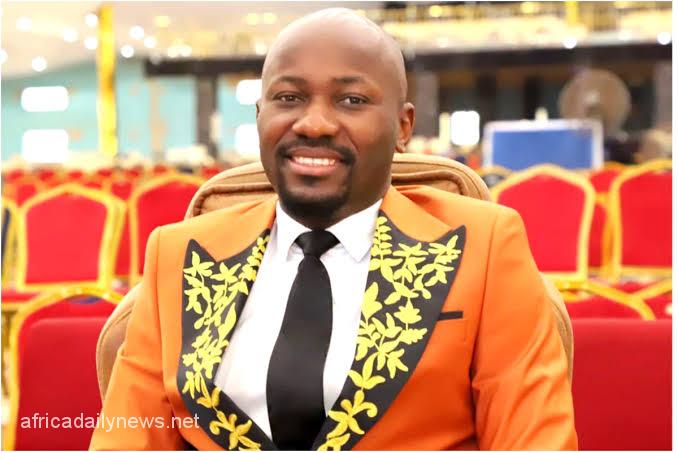An African-American teen who was executed back in 1931 for the murder of a white woman was discharged by a Pennsylvania court on Thursday, following many decades of lobbying by his only surviving sister.
Alexander McClay Williams who is aged 16, was convicted by a white jury in just about four hours and remains the youngest person to have been sentenced to death in the eastern US state.
However, 91 years later, a county judge dismissed the case and declared Williams was innocent.
‘I’m just happy that it finally turned out the way it should have in the beginning,’ Williams’ sister, Susie Williams-Carter, was quoted by the Philadelphia Inquirer as saying on Thursday.
Read Also: Ten Policemen Murdered In Burkina Faso Jihadist Attack
‘We just wanted it overturned because we knew he was innocent, and now we want everyone else to know it, too,‘ the 92-year-old said.
Delaware County District Attorney Jack Stollsteimer said in a statement that the case was dismissed on Monday, after years of litigation.
The decision ‘is an acknowledgement that the charges against him should never have been brought,’ the statement said.
The case is the latest recognition of historic racial injustices in the US legal system, which convicted and in several cases executed innocent Americans, many of them Black, in the century following the 1861-1865 Civil War.
Africa Daily News, New York gathered that on October 3, 1930, the estranged ex-husband of Vida Robare, a white matron at the Glen Mills School for Boys, a detention center for young offenders, found Robare’s body.
She had been ‘brutally murdered’ in her cottage, which was on the school’s grounds, the district attorney’s statement said. The ex-husband, Fred Robare, also worked at the school.
Williams, who was serving an indefinite term at Glenn Mills, was charged with the crime.
Interrogated five times without the presence of a lawyer or a parent, he signed three confessions — “despite the lack of eyewitnesses or direct evidence implicating him,” the statement continued.
When he was finally appointed a lawyer, it was William H. Ridley, the first African-American member of the county bar.
Stollsteimer paid tribute to the Williams’ sister and Ridley’s great-grandson, who “worked tirelessly for years to demonstrate the inconsistencies in the evidence as well as the unscrupulous manner in which the case was handled.”
There was “substantial” evidence that was either ignored or unexamined, he said.
That included the bloody handprint of an adult male found near the door of the crime scene, photographed by police but never mentioned at trial — and the fact Vida Robare divorced her husband for “extreme cruelty,” but he was never examined as a suspect.










